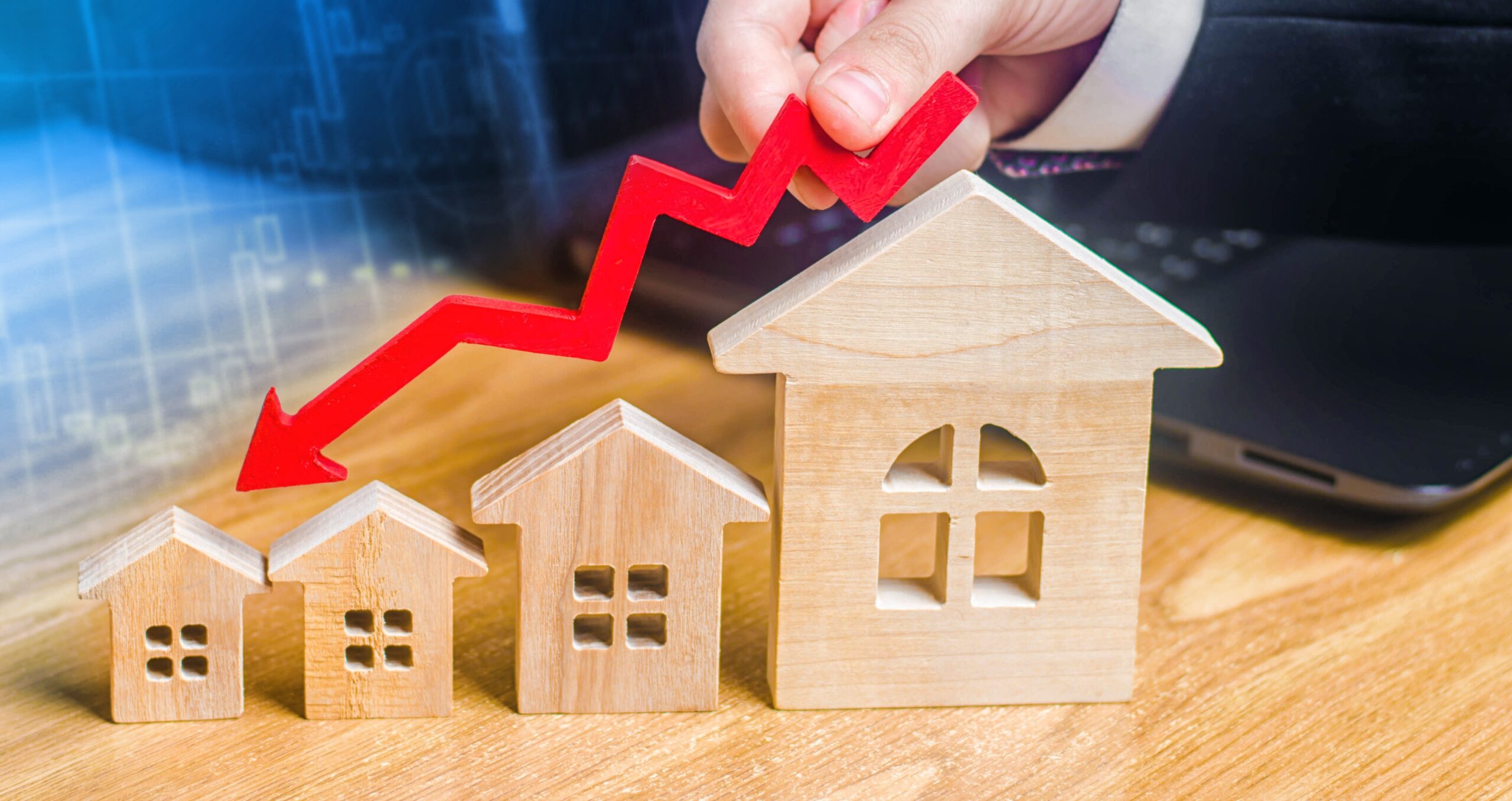There are several opportunities for investing in the United Arab Emirates (UAE), with real estate and stocks being two of the most popular investment paths. Making a decision between these two possibilities can be difficult because both include particular benefits and things to think about.
Continue reading this blog to explore the primary aspects of both real estate and stock investing in the UAE, helping investors make an informed decision about which option may be best suited for them.
Advantages of investing in UAE real estate
High rental yields
The rental market in the United Arab Emirates is strong, especially in places like Dubai and Abu Dhabi as average retail rents have grown by 38% and 16.9% IN Q2 2023. This can give investors a steady supply of income, which makes real estate a desirable choice for people looking for constant cash flow.
Economic stability
A stable economy encourages business growth, job creation, and population growth. This, in turn, leads to an increased demand for real estate, both for residential and commercial purposes. The demand for properties can drive up prices and rental rates, benefiting real estate investors.
Tax benefit
The tax-free benefit is one of the most alluring advantages of investing in the UAE’s real estate industry. The UAE does not charge property taxes, capital gains taxes, or personal income taxes, in contrast to many other major countries worldwide. The favourable tax environment lowers the cost of purchasing real estate and boosts the return on investment. Without worrying about the effects on their taxes, investors can enjoy the full benefits of the appreciation of their property.
Drawbacks of investing in UAE real estate
Market volatility
Like any other real estate market, the UAE’s real estate market can also experience fluctuations and periods of volatility. Prices and demand may vary, which can impact the profitability of investments. Thus, investors should be ready to face fluctuations in the market and have a long-term investment plan to cover short-term volatility.
High entry costs
Investing in real estate more often than not requires a significant upfront investment. Moreover, property prices in prime locations can be relatively high, and investors should also keep in mind additional factors like down payments, transaction fees, and maintenance expenses.
Legal and regulatory considerations
Investing in UAE real estate requires navigating local laws, regulations, and property ownership restrictions. Foreign investors may be limited to investing in freehold areas like Business Bay, Jumeirah Lake Towers, Dubai Marina, etc., while the rest of the areas are designated for UAE nationals. Thus, it is vital to comply with the regulatory framework to avoid legal issues.
Benefits of investing in stocks in the UAE
Strategic location
The UAE is a regional hub for business and trade with exceptional connectivity to major global markets. Its geographical location and modern infrastructure make it an attractive destination for multinational corporations, which can have a good impact on the performance of local stocks.
Access to emerging markets
By investing in UAE stocks, investors can gain exposure to the growth potential of emerging markets in the Middle East and North Africa region, providing opportunities for higher returns compared to more mature markets.
Liquidity
The Dubai Financial Market (DFM) and Abu Dhabi Securities Exchange (ADX) make it simple to purchase and sell shares, contributing to the UAE stock market’s relative liquidity. Individual investors now have easier access to stock investing thanks to online brokerage platforms, which also provide reduced transaction fees and streamlined account setup processes.
Drawbacks of Investing in Stocks in the UAE
Limited Information Availability
The availability of comprehensive and timely information about companies listed on the UAE stock market may be relatively limited in comparison to much larger markets. As a result, it could be challenging for investors to conduct a proper research analysis prior to making an investment.
Currency risk
For international investors, constant changes in exchange rates between the investor’s home currency and the UAE dirham can impact the overall return on investment when converting proceeds from stock sales back into the investor’s home country.
Limited diversification
While the UAE stock market will provide diversification to the investor’s portfolio, it has a limited number of listed companies compared to larger global markets, which could mean the range of investment opportunities could be narrow and portfolio diversification could be limited.
How can PRYPCO help?
For those looking to invest in real estate, PRYPCO assists investors by offering them the best mortgage rates and overall simplifying the process of getting a mortgage.
PRYPCO also provides a free mortgage calculator tool that allows investors to calculate their monthly installments as well as get a breakdown of the entire process.
To learn more about our mortgage service, click here.
PRYPCO has launched a platform called PRYPCO Blocks which offers fractional ownership of properties in which investors can attain ownership of portions of a property for a minimum amount of AED 2000.
Both real estate investing and stock investing in the UAE have their own set of pros and cons, so choosing which one to select for investing comes down to an investor’s individual preference, risk tolerance, and goals of investment. However, the real estate industry does have an upper hand over stock investing in the UAE, as real estate has been a driving force behind the country’s economic growth. The sector has attracted significant domestic and foreign investors, creating job opportunities and driving economic diversification.





